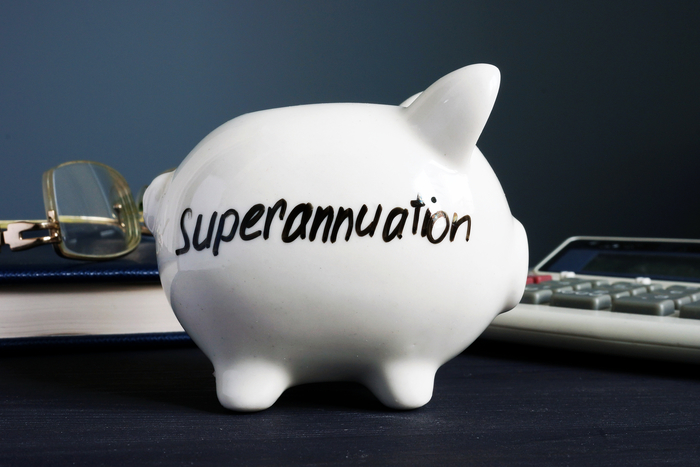
Invest in your future by adding money to your superannuation AND score some savings at tax time. Sounds great, right?
Let’s cover how to claim your personal super contribution tax on your next return.
Most Australians know that super is money for retirement. What’s less well known is:
- You are not limited to your employer’s contributions to grow your super savings.
- Better still, money you add to super from your own pocket (post-tax) can be tax deductible.
What is Super Contributions Tax?
A personal super contribution is a contribution you make to your super fund ‘after-tax’. This should not be confused with the pre-tax contributions your employer makes, or money that you salary sacrifice into your fund. We’re only talking about after-tax super contributions here.
Not so long ago, you needed to be self-employed to claim personal super contributions on tax.
These days you may be able to claim a tax deduction for personal contributions even if you are a salaried employee. But there are a few points to note.
How to make a Personal Super Contribution
Making a tax-deductible contribution to your fund is easy. You can do it as a bill payment from your everyday bank account. Check you have the right BPAY details for your fund and allow a few days before 30 June for the money to reach your super account.
Another easy option is to speak with your employer and ask them to do it for you. Similar to a salary sacrifice arrangement (where an employer pays an extra amount of your pre-tax income to your super), many will do the same with post-tax income.
An important thing to remember: The contributions must be post-tax if you want to claim them as a deduction on your return.
How do Personal Super Contribution Deductions Work on my Tax Return?
There are two important steps to claim a personal super contribution on your tax return.
- Get in touch with your super fund and tell them you want to claim a deduction for your personal superannuation contributions, AND
- Make sure you get a reply from them BEFORE you lodge your tax return.
Once you hear back from them you can lodge your return. In the Personal Superannuation Contributions section of your tax return, enter the amount you wish to claim as a deduction on your return.
Important Note: There are limits to how much super you can claim.
In the ATO’s eyes, the above process effectively converts an ‘after-tax’ super contribution to a ‘before tax’ super contribution. This is important to note.
Up to $30,000 can be added to your super each year in ‘before-tax’ or concessional contributions before a higher tax rate applies.
They usually consist of:
- Your employers’ mandatory contributions (minimum 12% of your salary as of 1 July 2025), and
- Your pre-tax or salary sacrifice contributions.
Plus, they also include any after-tax contributions you intend to claim a deduction on.
As an example: If your boss has already paid $20,000 into your super, you can claim up to $10,000 in personal contributions in the current financial year.
If your employer uses the new single touch payroll system, you can see how much has been added to your super at any stage.
You also need to meet a work test if you’re aged 65 to 74 years old. That means working at least 40 hours in a consecutive 30-day period each financial year.
Putting it all together
Let’s look at a simple example to see how it all works.
We’ll say Sue works as a shop manager. She earns a salary of $65,000, and so for the 2024/25 financial year, her boss would pay $7,800 into her super fund. Sue has also salary sacrificed $50 per week pre-tax into her fund. ($50 x 52 weeks = $2,600). That’s a total of $10,400 for the year.
This is well below the $30,000 annual limit so Sue has plenty of room to add to her fund.
Sue has some extra savings and decides to add $3,000 into her super account before 30 June. She has already paid tax on that money so it’s considered a personal superannuation contribution.
Prior to lodging her return, Sue lets her fund know that she plans to claim the $3,000 personal contribution on her tax return. She receives a letter back from her super fund to acknowledge her intention to claim the deduction.
In the Personal Superannuation Contributions section of her tax return, Sue claims a $3,000 tax deduction. It’s an easy way to save on tax and build money for her future.
To know more about claiming a tax deduction for personal super contributions, or for help filling out the paperwork, please get in touch with us at [email protected] or on 1300 693 829.




